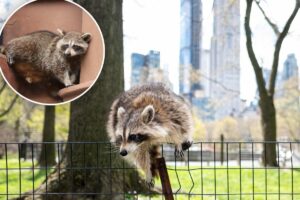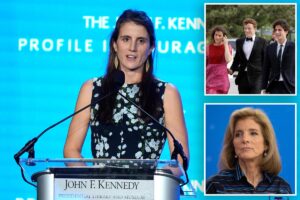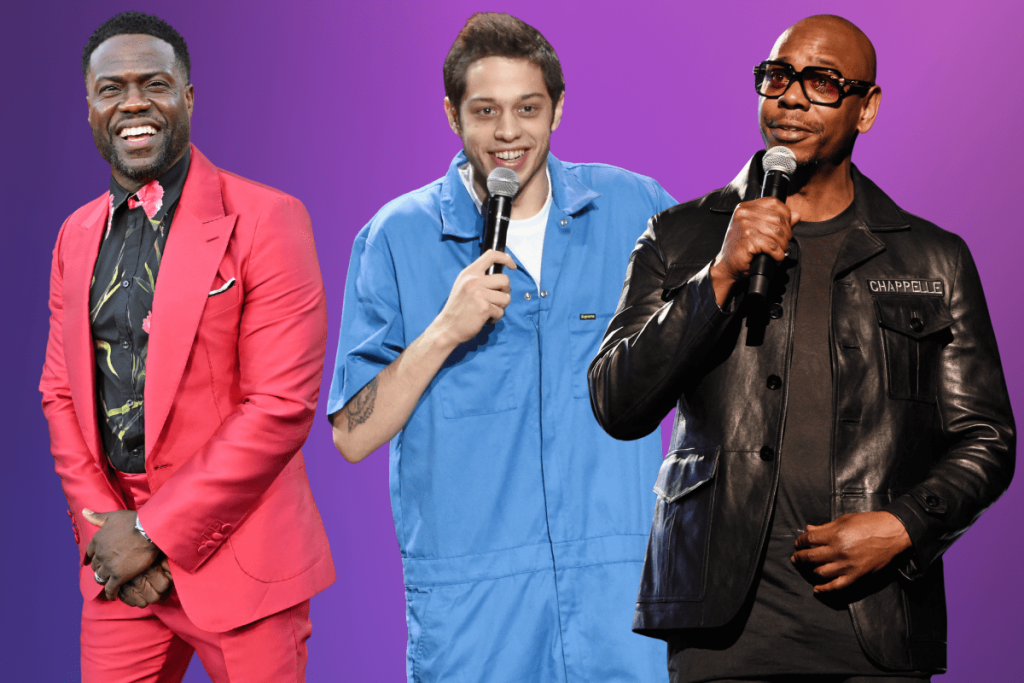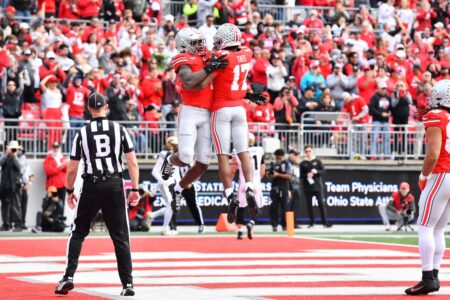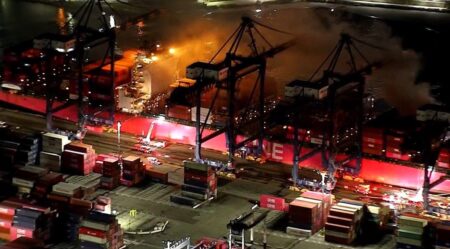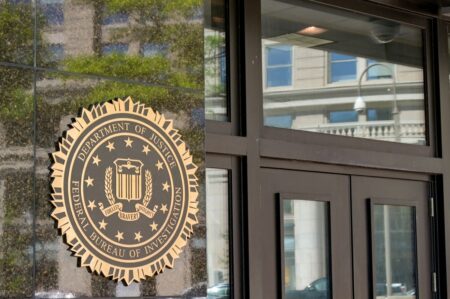Comedians including Kevin Hart, Pete Davidson and Dave Chappelle are receiving backlash for participating in Saudi Arabia’s Riyadh Comedy Festival.
Why It Matters
The participation of major U.S. comedians in the Riyadh Comedy Festival has ignited an intense debate on the intersection of entertainment and human rights. As Saudi Arabia amplifies its cultural presence through high-profile events, critics argue that these efforts serve to distract from the country’s widely reported record of repressing free speech and dissent, especially amidst the anniversary of journalist Jamal Khashoggi’s death. Human rights organizations and fellow entertainers are pushing performers to use their influence to highlight ongoing abuses or risk appearing complicit in “whitewashing” Saudi Arabia’s global image.
What To Know
The Riyadh Comedy Festival, billed by Saudi Arabia’s General Entertainment Authority as the world’s largest comedy festival, runs from September 26 to October 9 in Saudi Arabia’s capital. The event features a marquee lineup of U.S. and international talent, including Hart, Davidson and Chappelle, as well as Bill Burr, Louis C.K. and more. The festival is part of the kingdom’s Vision 2030 agenda, which aims to diversify the Saudi economy and bolster Riyadh’s status as a cultural destination.
The move, however, swiftly drew condemnation from human rights advocacy groups and prominent comedians. Organizations such as Human Rights Watch accused Saudi authorities of using the festival to “deflect attention from its brutal repression of free speech and other pervasive human rights violations,” per a recent press release. Human Rights Watch specifically urged comedians to advocate for the release of detained Saudi dissidents and journalists.
Some comedians, including Shane Gillis and Stavros Halkias, revealed they declined lucrative offers to appear at the festival, while others, such as Tim Dillon, were removed from the lineup after making critical comments about Saudi Arabia’s human rights record.
What People Are Saying
Gillis said on his podcast: “It was a significant bag, but I’d already said no. I took a principled stand.”
Joey Shea, Saudi Arabia researcher at Human Rights Watch, said in a press release: “The seventh anniversary of Jamal Khashoggi’s brutal murder is no laughing matter, and comedians receiving hefty sums from Saudi authorities shouldn’t be silent on prohibited topics in Saudi like human rights or free speech. Everyone performing in Riyadh should use this high-profile opportunity to call for the release of detained Saudi activists.”
Comedian David Cross published a strongly worded statement on his website targeting his peers who accepted invitations to the festival. “I am disgusted, and deeply disappointed in this whole gross thing. That people I admire, with unarguable talent, would condone this totalitarian fiefdom for…what, a fourth house? A boat? More sneakers?… We can never again take seriously anything these comedians complain about…how can any of us take any of you seriously ever again?”
Fellow comedian Marc Maron also condemned participation in the festival on his WTF podcast, Variety reported: “I mean, how do you even promote that? ‘From the folks that brought you 9/11. Two weeks of laughter in the desert, don’t miss it!’ I mean, the same guy that’s gonna pay them is the same guy that paid that guy to bone-saw Jamal Khashoggi and put him in a suitcase.”
Other comedians have publicly shared their reasoning for refusing the festival invitation, including Atsuko Okatsuka, who cited restrictive content guidelines, and Nimesh Patel, who withdrew after an initial agreement. Patel had posted a video to TikTok about his canceled appearance, which appears to have been deleted.
What Happens Next
The Riyadh Comedy Festival will conclude next Thursday, October 9.
Read the full article here

